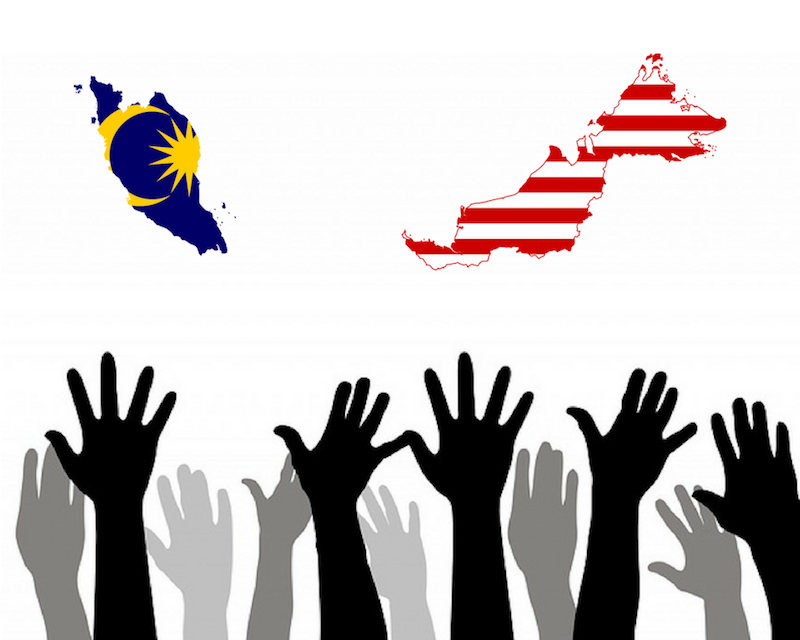On May 10, Mahathir Bin Mohamad was sworn in as Prime Minister of Malaysia, marking his second term in office. To many, this was an unpredicted outcome — during his previous incumbency as prime minister from 1981 to 2003, Mahathir had tyrannized the citizens of Malaysia by keeping the media under his rule, jailing his political rivals under false charges, and combating public opposition with violence. Voting him as the next prime minister might have seemed like an inexplicable decision. However, Mahathir has changed extensively throughout the past decades, having strived to make amends with some of his long-time political enemies, bring democracy to Malaysia, and end corruption within the government.
“When I first heard that Mahathir was going to become the next Malaysian prime minister, I thought it was insane, because people generally do not vote for their country’s ex-tyrant and expect him to rule well,” said Esther Kim (9). “But when I looked into the issue further, I could tell that Mahathir really had changed over the times.”
During his earlier incumbency as prime minister, Mahathir led the Barisan Nasional (BN) coalition, the political party that had been in power since Malaysia’s independence from Great Britain in 1957. However, in the beginning of this year, Mahathir changed parties and became the leader of the Pakatan Harapan (PH) coalition, another major political alliance in Malaysia. Mahathir being sworn in as the country’s seventh prime minister under the PH coalition marks the first transfer of political power since Malaysia’s independence, as well as the end to BN rule.
“In World History class this year, we covered a section on the rise and spread of democracy,” said Albert Hong (9). “Because we learned about it, I knew that the way democracy was spreading in Malaysia was very different from the case studies we did in class.”
The results of the last prime minister election in 2009 were impaired with fraud, including the use of illegal Bangladesh immigrants as voters for the BN. The BN has, even before the previous election, marred voting results and oppressed political opposition through the use of such subterfuge. Thus the transfer of power from the BN to the PH has raised hopes of a less corrupted, more responsible, Malaysian government.
“I personally believe that the biggest requirement for a good leader is to be a good person,” said Simon Lee (10). “By a good person, I mean someone who acts morally, honestly, and with integrity. The reason that Malaysians are giving a second chance to Mahathir, I think, is mainly because they can see how much he has tried to become a better human being.”
Mahathir’s victory has changed the political playing field of Malaysia, and has opened up a new chapter in Malaysian history. The new prime minister and his government will need to work to live up to their electoral commitments, including the ten promises that the PH has sworn to accomplish within the first 100 days of Mahathir’s incumbency. The most notable of these promises include the pledge to abolish the Goods and Services Tax and to investigate Malaysian megacorporations that have been accused of chicanery. The fulfillment of these commitments, reduction of corruption within the government, and the complete establishment and maintenance of democracy in Malaysia are all things that the people will be expecting from the new Malaysian government.

